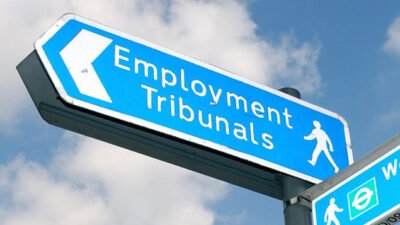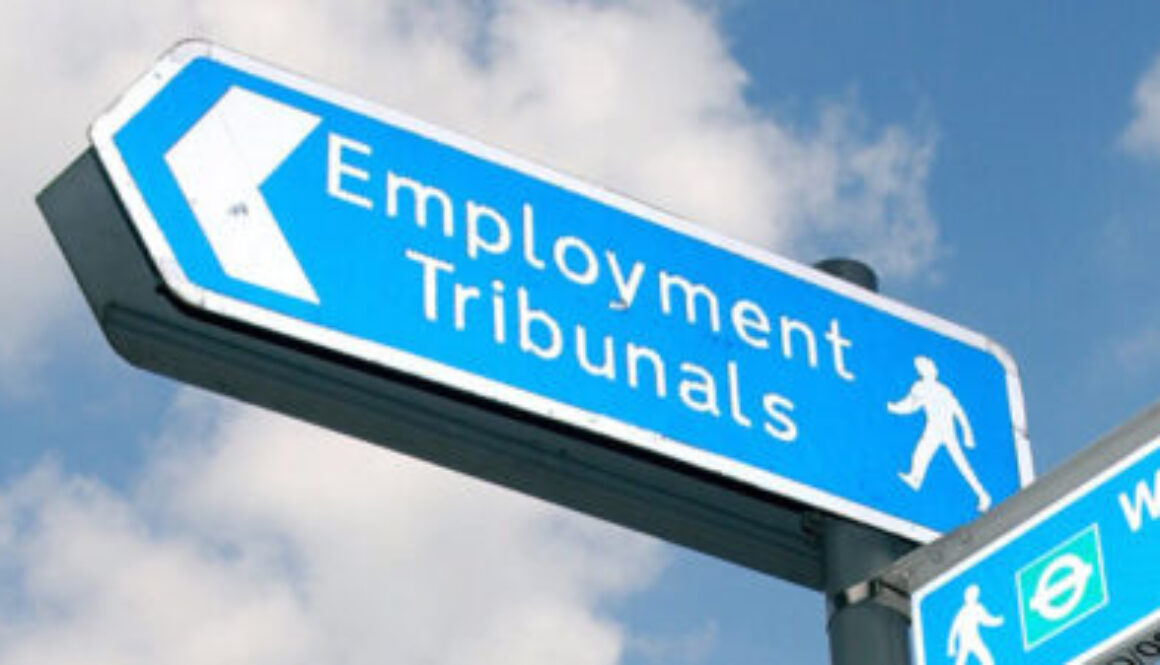What is classed as unfair dismissal within the UK? | Consensus HR in Herts & Beds
According to Consensus HR’s research, the most common Employment Tribunal award in the UK is for unfair dismissal. In the latest available data, the average award for unfair dismissal cases was £12,000 in the period of 2022/23. This award represents the compensation typically granted to employees who successfully prove that their dismissal was unfair under UK employment law.
1. Definition and Fairness:
-
- Unfair dismissal is a situation where an employee is terminated without a fair reason or without following a fair process. The Employment Rights Act 1996 outlines the requirements for a dismissal to be deemed fair, which include valid reasons such as misconduct, capability, redundancy, statutory illegality, or some other substantial reason (Brodies LLP) (GOV.UK).
2. Importance of Procedure:
-
- Employers must adhere to a fair and transparent process when dismissing an employee. This involves conducting a proper investigation, providing written notice of the issues, holding a meeting to discuss the situation, allowing the employee to respond, and giving the employee the right to appeal. Failure to follow these steps can result in a dismissal being classified as unfair, regardless of the underlying reason (Acas).
3. Reasonableness:
-
- Even if there is a valid reason and the procedure is followed, the decision to dismiss must be reasonable. This means that the employer’s action must fall within the range of responses that a reasonable employer might take under similar circumstances. This reasonableness test is crucial in determining the fairness of the dismissal (GOV.UK).
4. Compensation:
-
- The average award for unfair dismissal in the UK is around £12,000, as reported by Consensus HR. Compensation is intended to cover financial losses and may also include damages for breaches of statutory rights. High-profile cases of discrimination, such as disability discrimination, can result in significantly higher awards, reflecting the seriousness of such claims.
5. Impact on Employers:
-
- Employers are encouraged to ensure compliance with employment laws and to address workplace issues proactively. This includes maintaining clear and fair policies, providing training for managers on proper dismissal procedures, and seeking legal advice when necessary to mitigate the risk of unfair dismissal claims.
6. Support for Employees:
-
- Employees should be aware of their rights and the procedures their employers are required to follow. If they believe they have been unfairly dismissed, they can seek legal advice and consider bringing a claim to an Employment Tribunal. It is important for employees to document their experiences and gather evidence to support their case (The Law Society)



Our HR comment:
What is classed as unfair dismissal within the UK? | Consensus HR in Herts & Beds
Matthew Chilcott, Owner of Consensus HR comments: “In conclusion, Consensus HR emphasises the importance of both procedural fairness and substantive justification in dismissal cases. Employers must carefully navigate the legal requirements to avoid costly and reputational damage from unfair dismissal claims, while employees should be informed of their rights and the recourse available to them in the event of an unfair dismissal. Employers should also remember that we work under Civil Law and the balance of probabilities and the term ‘reasonableness’ is used throughout. Did the action you take be classed as reasonable in view of the circumstances?”
To view more about our range of HR & Employment Law Services
Are you concerned about keeping your business up to date with Employment Law changes?
Your Outsourced Human Resources (HR) Department.
For further information on any of the HR subjects we provide, please click the heading below:



















